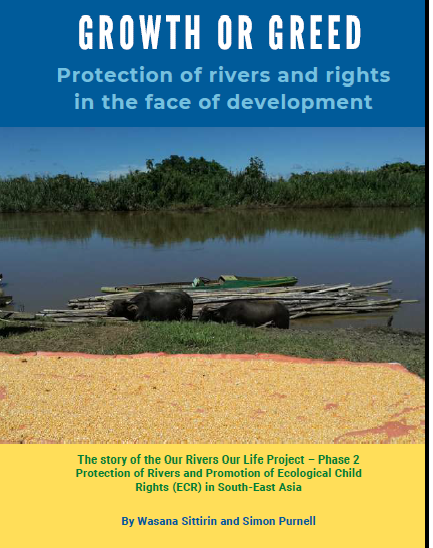 The rivers of South-East Asia are vital for the livelihoods of millions of people in terms of domestic use, agriculture, industry and transport (Opperman, 2018). Against the backdrop of development of infrastructure that supports a more urbanised and inter-connected life in all of the partner countries there have been changes in the ecology and bio-diversity of watershed areas. This has impacted negatively to the ways of life, culture and rights of communities, many of whom are rural or isolated or made up of indigenous people.
The rivers of South-East Asia are vital for the livelihoods of millions of people in terms of domestic use, agriculture, industry and transport (Opperman, 2018). Against the backdrop of development of infrastructure that supports a more urbanised and inter-connected life in all of the partner countries there have been changes in the ecology and bio-diversity of watershed areas. This has impacted negatively to the ways of life, culture and rights of communities, many of whom are rural or isolated or made up of indigenous people.
In this book, the increasingly urbanised context of life in these countries, the role of dams, coal fired power plants, mining and quarrying, large-scale agriculture and plantation projects as well as infrastructure and industry in the project target areas are examined alongside the work of partners in the OROL project. This will be supported by examples of good practice and successes by communities, governments and individuals across South-East Asia. The purpose of this narrative is not to apportion blame or to suggest that individuals or governments are at fault for the negative impact of any development project. It is to highlight the importance of inclusive and collaborative development programmes that protect rights and resources for all, in ways that have as minimal negative impact on communities and their environments as possible.
Access the OROL II book here.
